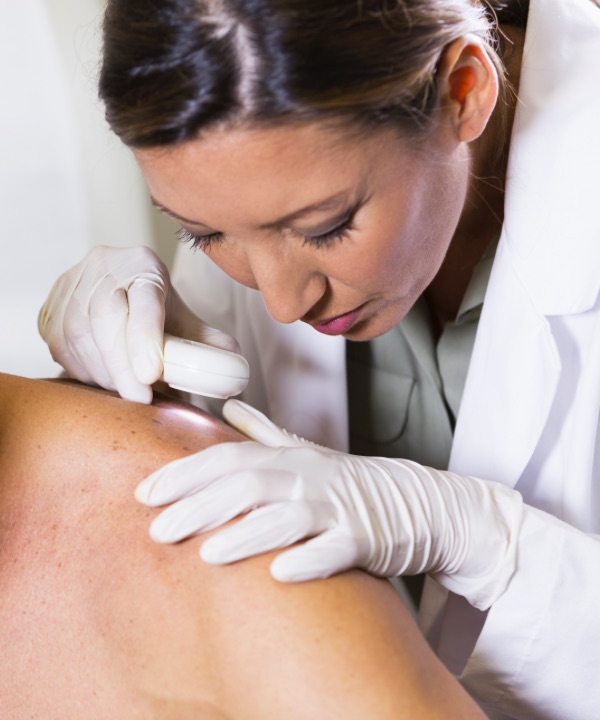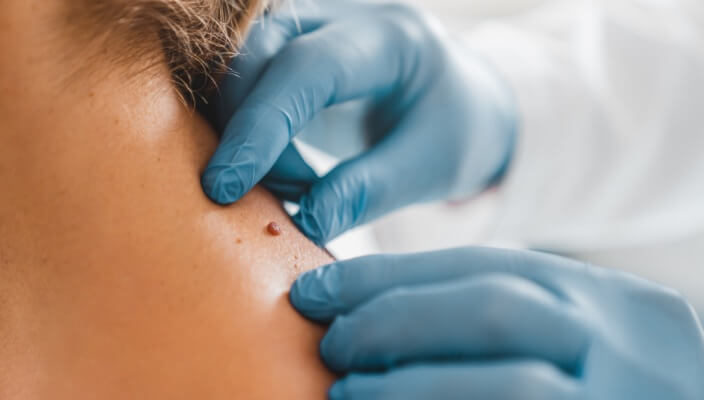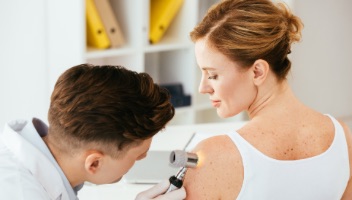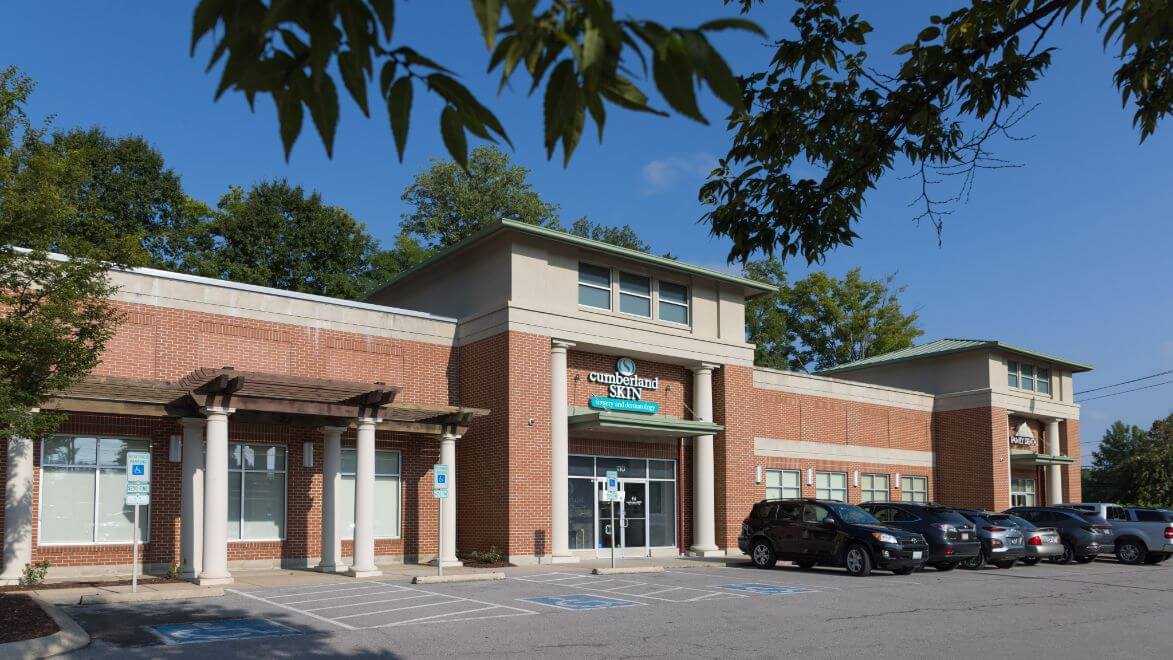5 Common Myths about Basal Cell Carcinoma
Basal Cell Carcinoma: Myth or Misconception?
 Although basal cell carcinoma (BCC) is one of the most common types of skin cancer, there are still numerous myths and misconceptions surrounding the condition that persist. Despite its prevalence, many people remain unaware of the serious risks associated with BCC and often underestimate its potential impact.
Although basal cell carcinoma (BCC) is one of the most common types of skin cancer, there are still numerous myths and misconceptions surrounding the condition that persist. Despite its prevalence, many people remain unaware of the serious risks associated with BCC and often underestimate its potential impact.Because BCC affects millions of individuals each year worldwide, dispelling these widespread myths is crucial. Raising awareness and promoting accurate information not only encourages early detection but also empowers individuals to seek timely treatment, which can ultimately save lives and reduce the long-term effects of this common cancer.
In this blog, we discuss the 5 most common myths and misconceptions surrounding Basal Cell Carcinoma. Read on to learn more.
Did you know? Basal cell carcinoma (BCC) is the most common form of skin cancer, with over 4 million cases diagnosed each year in the United States alone. This accounts for approximately 80% of all non-melanoma skin cancers.
Myth 1: Basal Cell Carcinoma is Not Life-Threatening
Myth 2: Sunscreen Alone Can Protect Against Basal Cell Carcinoma
Myth 3: Basal Cell Carcinoma Only Impacts Sun-Exposed Skin
While it's crucial to incorporate proper skincare routines anytime you are outdoors (such as using high-quality sunscreen), basal cell carcinoma does not just occur on areas of the body that have been exposed to the sun. Although BCC is commonly found on sun-exposed body areas, such as the arms, neck, and even the face, it's possible to develop signs of basal cell carcinoma just about anywhere. Regular skin checks and examinations from your dermatologist can prevent the development, growth, and spread of BCC and other irregular skin tags, moles, and formations.
To minimize your risk of developing basal cell carcinoma, keep the following lifestyle tips in mind:
- Wear protective clothing anytime you are outdoors
- Ensure your sunscreen has the appropriate SPF rating and ranking
- Avoid exposure to the sun during peak sun hours
- Visit a dermatologist regularly for routine skin checks and examinations
Myth 4: Basal Cell Carcinoma Only Impacts the Elderly
Another common misconception associated with basal cell carcinoma is that it only impacts older individuals or the elderly. While basal cell carcinoma discoveries are typically found in those over 40, it is possible to experience skin irregularities, including BCC, at any age. Individuals who lead lifestyles that involve heavy sun exposure have a much greater risk of developing basal cell carcinoma or other forms of skin cancer.
Myth 5: Basal Cell Carcinoma Cannot Recur After Receiving Treatment
Even if you have treated basal cell carcinoma in the past, there is no guarantee you will not see a recurrence in the future. Individuals who have a genetic predisposition, familial history, or a history of BCC and other skin conditions have a much more significant risk factor of experiencing a recurrence. Regular examination of lesions, skin tags, moles, and skin irregularities is imperative for anyone with a history of basal cell carcinoma.
Skin Cancer Screenings at Cumberland Skin
If you have been diagnosed with basal cell carcinoma (BCC) or have an irregular mark on your skin that you would like examined, Cumberland Skin can help. Schedule an appointment, or a Total Body Skin Exam with Cumberland Skin today to learn more about our dermatologists and your options for BCC.

Mohs Surgery at Cumberland Skin
Cumberland Skin Surgery and Dermatology is proud to provide Mohs surgery for our patients with skin cancer. Our board-certified dermatologists are extensively trained in Mohs surgery, as well as other skin cancer treatments and pathology, and we’re here to help you restore the health of your skin.
Featured Products for Sun Safety
Check your local office for current stock!
Check your local office for current stock!
Related Blog Posts

- Skin Cancer
- Skin Exams
With skin cancer cases rising year after year, it’s no surprise that people are itching to learn more about this life-threatening skin disease
Read More
- Skin Cancer
- Skin Exams
It’s time to face the facts: skin cancer can develop in individuals of all skin colors, including those with darker skin tones.
Read More
- Skin Cancer
- General Dermatology
- Skin Exams
- Sun Safety
Uncover the unparalleled benefits of Mohs surgery. Learn how this precise technique ensures minimal tissue removal while maximizing cancer removal rates, offering patients superior outcomes in skin cancer treatment.
Read More


